By Sarhind Times Foreign Affairs Bureau
New York: India Calls for a Fairer Global Order
India’s External Affairs Minister S. Jaishankar delivered a firm message at the United Nations General Assembly (UNGA), reiterating India’s vision of a multipolar world and the urgent need for reforms in global institutions to make them more representative of the Global South.
In a speech that blended continuity with fresh emphasis, Jaishankar underlined India’s strategic autonomy, sovereignty, counter-terror cooperation, and equitable access to technology—while calling on the international community to prioritize development and resilience over narrow geopolitics.
Key Themes of the Speech
- Multipolarity and Strategic Autonomy
Jaishankar emphasized that India will maintain its independence in global decision-making. “The world cannot be reduced to a binary contest. Multipolarity ensures diversity of perspectives and choices,” he noted. - Reform of Global Institutions
Stressing that the UN Security Council and international financial institutions must adapt, Jaishankar argued they remain outdated in both representation and responsiveness. “Institutions that were built for a different era cannot effectively serve today’s challenges,” he said. - Development and Global South Priorities
India presented its G20 presidency as a model of inclusive dialogue, amplifying the voices of developing nations. Jaishankar pointed to India’s initiatives on digital public goods, sustainable growth, and climate resilience as pathways for shared prosperity. - Counter-Terrorism and Security
He reiterated India’s call for uncompromising action against terrorism, urging collective responsibility while carefully avoiding direct references to Pakistan or other adversaries. - Humanitarian Crises & Rules-Based Order
Without naming specific conflicts, Jaishankar stressed the importance of adherence to rules-based conduct in resolving disputes and responding to humanitarian emergencies.
Diplomatic Continuity
Observers noted that the speech reflected longstanding pillars of Indian foreign policy—non-alignment reimagined as strategic autonomy, multipolar engagement, and leadership of the Global South.
“This was not about flashy headlines. It was about consistency—showing India’s steady hand in turbulent times,” said a senior Indian diplomat based in Washington.
India’s G20 Template
The minister highlighted how India’s G20 presidency positioned development at the heart of global dialogue. Key examples included:
- The Global Biofuels Alliance launched in New Delhi.
- A focus on digital public infrastructure (DPI) as a low-cost tool for inclusion.
- Efforts to spotlight debt relief and climate financing for developing nations.
By bringing the Global South into the G20 mainstream, Jaishankar argued that India had proven “multipolarity is not theory—it is practice.”
Reform Push: UNSC & Financial Institutions
India once again pressed for reform of the United Nations Security Council, pointing out its outdated structure dominated by the post-1945 balance of power. “It is illogical to exclude large parts of the developing world from decision-making,” Jaishankar said.
Similarly, he called for a reset of the World Bank and IMF frameworks, which critics say often reflect the priorities of advanced economies rather than emerging markets.
Balancing Great Power Competition
Jaishankar’s remarks avoided naming specific powers but reflected India’s balancing act amid US–China rivalry. By stressing rules-based cooperation without bloc alignment, India reinforced its image as an independent pole in global politics.
“India is engaging across all blocs while refusing to be confined by any. That’s the essence of its foreign policy today,” noted an international relations scholar from New York University.
Humanitarian & Development Emphasis
The speech briefly referenced ongoing humanitarian crises, highlighting India’s record in providing aid during natural disasters, the pandemic, and conflict situations. The message was clear: development and humanitarianism are not separate from security—they are integral to it.
Global South Resonance
The address resonated strongly with delegations from Africa, Latin America, and Asia, many of whom see India as a credible voice for reform. By linking India’s domestic digital governance successes to potential global models, Jaishankar presented India as a bridge between developed and developing worlds.
Upcoming Diplomatic Calendar
The UNGA speech also sets the stage for a busy diplomatic season for New Delhi:
- Regional ministerials in South Asia and Southeast Asia.
- High-level visits to Europe and Africa.
- Preparations for India’s hosting of key multilateral forums in 2025.
Conclusion
At the UNGA, Jaishankar delivered a message rooted in India’s enduring foreign policy—multipolarity, reform, and development leadership. While not designed to generate dramatic headlines, the address underscored India’s ambition: to be a responsible, reformist, and resilient power in a rapidly changing world order.
For the Global South, it was reassurance. For major powers, it was a reminder: India will remain independent, engaged, and indispensable.
#UNGA #MEAIndia #Jaishankar #ForeignPolicy #GlobalSouth #MultilateralReform #SarhindTimes











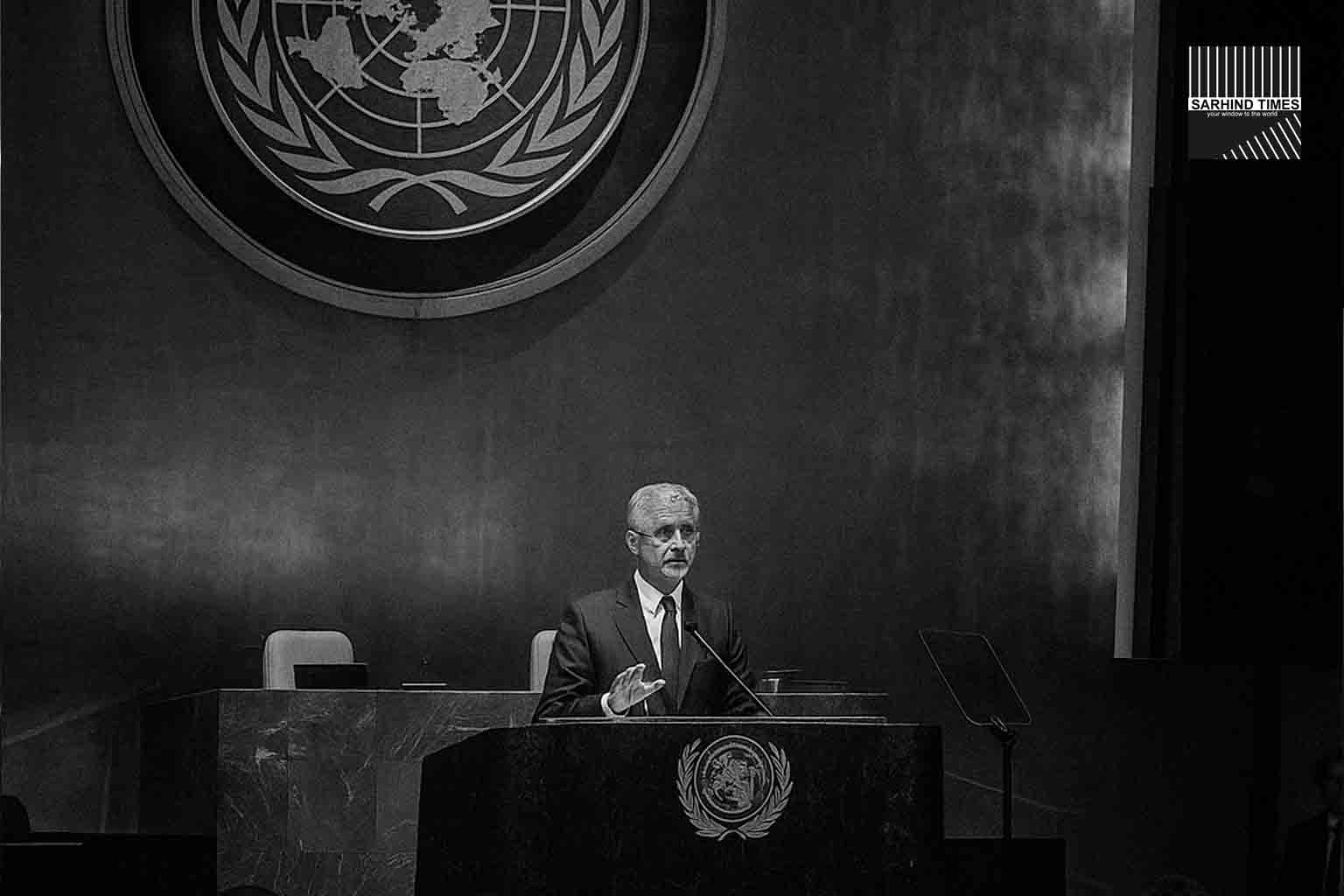
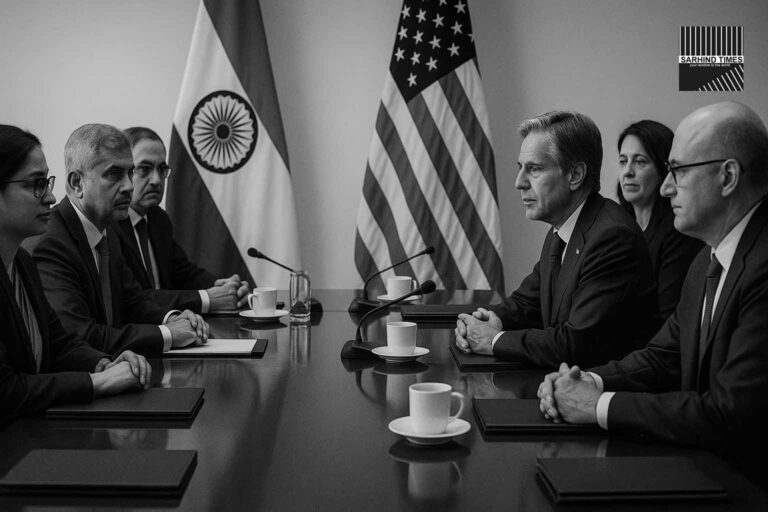

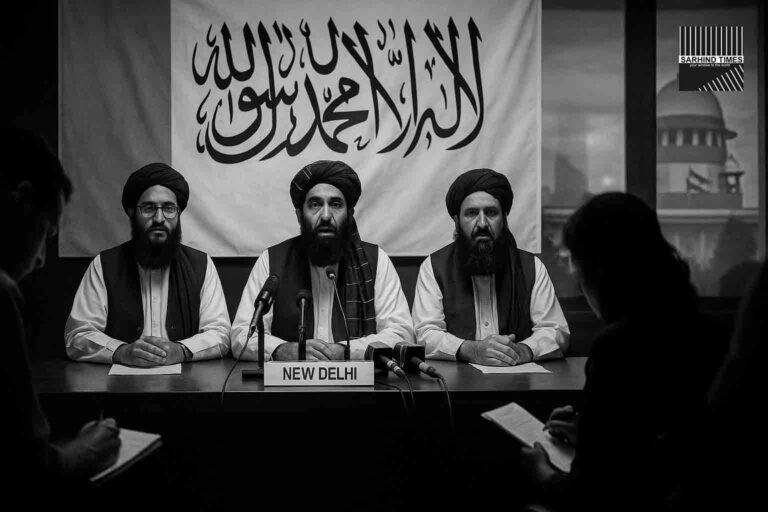






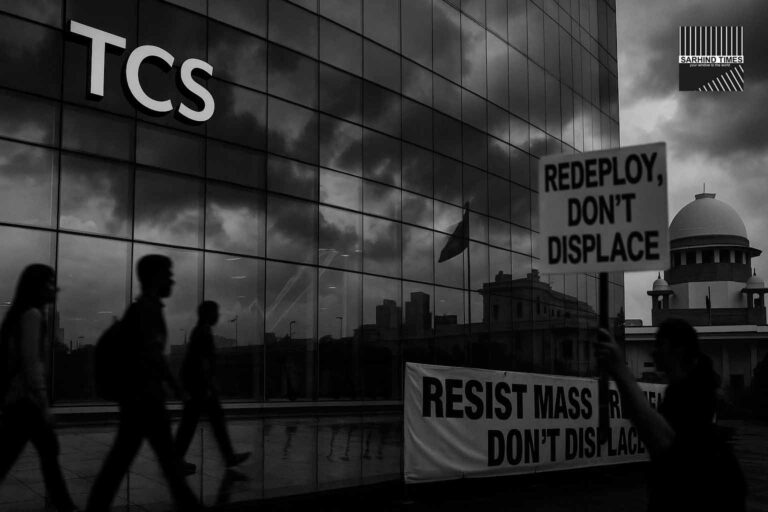


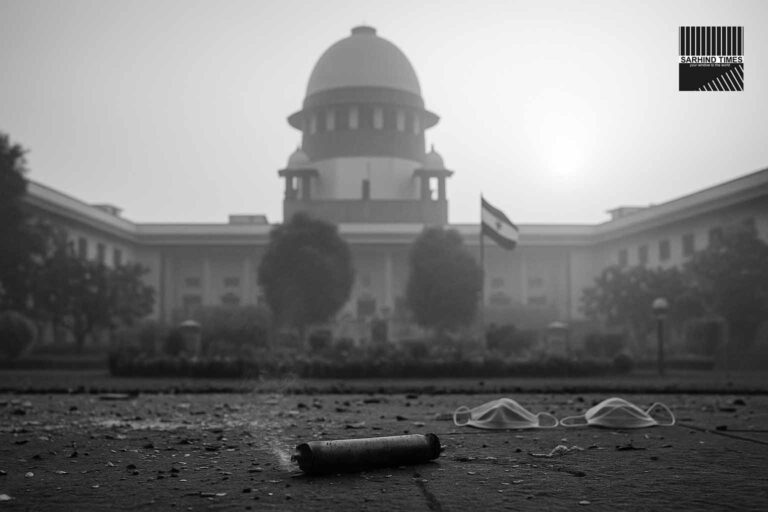
+ There are no comments
Add yours